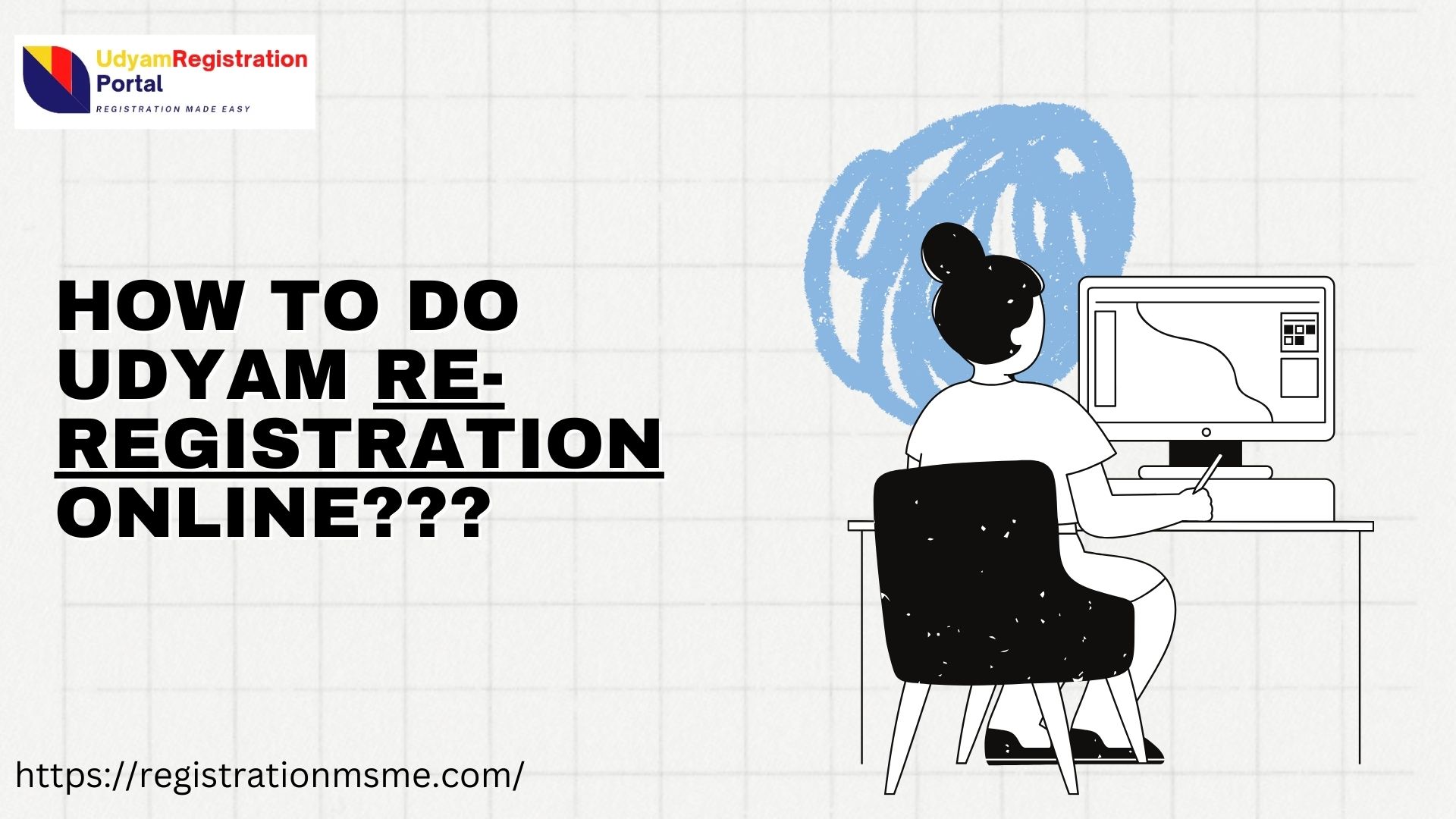Understanding your paycheck is the key to better financial management. Yet, many people receive their paystub, glance at the final number, and move on without analyzing the details. A paystub contains valuable insights about your earnings, taxes, and deductions. By carefully reviewing and analyzing your paystub, you can uncover opportunities to maximize your take-home pay and ensure you aren’t leaving money on the table.
This guide will walk you through the process of effective paystub analysis, identify hidden deductions, and show you how to leverage tools like a free pay stubs creator to generate accurate pay stubs. We’ll also explore strategies to adjust your income and deductions legally to keep more of what you earn. Whether you’re a salaried employee, freelancer, or business owner, mastering paystub analysis is a step toward improving financial stability.
What is a Paystub?
A paystub, also known as a paycheck stub or wage statement, is a document that details your earnings and deductions for a specific period. It accompanies your paycheck and breaks down how your gross pay becomes your net pay—commonly referred to as take-home pay.
Why Paystub Analysis is Important
Many people overlook the importance of reviewing their paystub beyond the final amount deposited into their bank account. However, paystub analysis allows you to:
- Understand tax withholdings and how they affect your income
- Identify unnecessary or incorrect deductions
- Ensure accurate employer contributions for benefits
- Avoid underpayment or overpayment of taxes
Key Elements of a Paystub
To conduct an effective paystub analysis, it’s essential to understand the key components:
- Gross Pay: Your total earnings before any deductions.
- Taxes Withheld: Federal, state, and local taxes deducted from your paycheck.
- Pre-Tax Deductions: Retirement contributions, healthcare premiums, etc., which reduce your taxable income.
- Net Pay: The final amount you take home after all deductions.
Common Deductions and How They Impact Your Take-Home Pay
Deductions reduce your gross pay, directly impacting the amount you take home. Common deductions include:
- Social Security and Medicare Taxes: Known as FICA taxes, they are mandatory.
- Health Insurance Premiums: If your employer offers health coverage, the premium amount is often deducted from your paycheck.
- Retirement Contributions: Contributions to 401(k) or similar plans.
- Union Dues: If you’re part of a union, these fees may be deducted.
- Wage Garnishments: Court-ordered deductions to settle debts.
Tools to Create and Analyze Paystubs
For freelancers, small business owners, or gig workers, having access to accurate paystubs can simplify financial management. Using a free pay stubs creator allows you to quickly generate professional paystubs with precise income and deduction breakdowns. These tools help track earnings, making it easier to analyze your income and avoid tax issues.
The Role of a Free Pay Stubs Creator in Income Planning
A free pay stubs creator is an essential tool for workers and employers alike. Here’s how it can help:
- Accurate Record-Keeping: Create detailed paystubs for personal use or distribution.
- Income Verification: Useful for loan applications, credit checks, and lease agreements.
- Tax Planning: Stay on top of your earnings and withholdings to avoid surprises during tax season.
- Compliance: Ensure you’re meeting local and federal payroll regulations.
Tips to Increase Take-Home Pay
Here are some actionable strategies to boost your take-home pay:
- Adjust Tax Withholdings: Ensure you’re not overpaying in taxes. Adjusting your W-4 form can increase your paycheck.
- Maximize Pre-Tax Contributions: Contribute to retirement plans or health savings accounts (HSAs) to reduce your taxable income.
- Claim Available Tax Credits: Check if you qualify for tax credits like the Earned Income Tax Credit (EITC).
- Reduce Voluntary Deductions: Review optional deductions such as extra life insurance coverage and consider whether they are necessary.
- Track Overtime and Bonuses: Ensure that additional earnings are accurately reflected on your paystub.
Adjusting Your Tax Withholdings
Adjusting your W-4 form helps you align your tax withholdings with your financial situation. If you typically receive a large tax refund, you may be overpaying taxes throughout the year. Updating your W-4 can increase your paycheck, giving you more cash flow.
Managing Voluntary Deductions Efficiently
Some deductions, such as retirement contributions or extra insurance, are voluntary. Assessing these deductions will help you determine whether they are necessary or if the amount can be reduced to improve your cash flow.
Tracking Overtime and Bonuses
For employees who earn overtime or bonuses, ensuring that these amounts are correctly calculated and included in the paystub is essential. Errors can result in reduced earnings and incorrect tax reporting.
Paystub Analysis for Freelancers and Gig Workers
Freelancers and gig workers often juggle multiple income sources. In such cases, analyzing paystubs generated by clients or using a free pay stubs creator helps maintain a clear overview of earnings and deductions. Proper record-keeping also simplifies tax filing and financial planning.
Common Paystub Errors to Watch Out For
Mistakes in paystubs can lead to financial discrepancies. Some common errors include:
- Incorrect tax withholdings
- Missed overtime payments
- Inaccurate deductions for benefits
- Wrong employee classifications affecting pay
Legal Considerations in Paystub Management
Employers are legally required to provide accurate paystubs to their employees. Understanding your paystub also ensures that you comply with tax laws and avoid penalties. For employers, tools like free pay stubs creator help ensure compliance with labor laws.
Benefits of Regular Paystub Reviews
Reviewing your paystub regularly offers numerous benefits:
- Identify Errors Early: Catch mistakes before they become significant issues.
- Optimize Deductions: Adjust withholdings to maximize take-home pay.
- Stay Informed: Keep track of your financial standing and plan ahead.
Conclusion
Paystub analysis is an essential practice for anyone looking to maximize their take-home pay. By understanding the components of your paycheck, identifying unnecessary deductions, and adjusting tax withholdings, you can optimize your earnings. Leveraging a free pay stubs creator makes it easier for both employees and freelancers to manage their finances and stay compliant. Make it a habit to review your paystub regularly to catch errors early and maintain control over your income.



